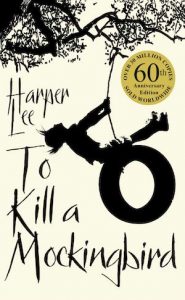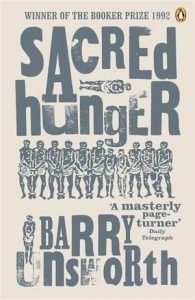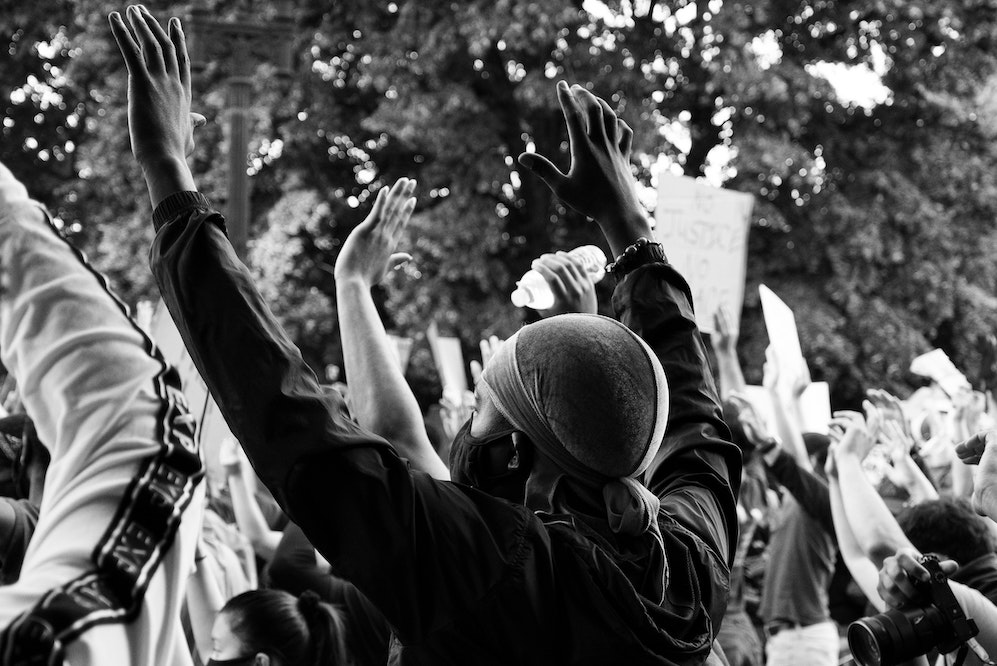
I grew up in the 1960s in a small country town imbued with a pervasive suspicion that the death of Queen Victoria may have been greatly exaggerated. Mind you, we experienced diversity in my school — there was a French boy called André. White, obviously. As children we sang unapologetically racist songs about the Italians and the Germans. Well, our fathers had won the war.
So my adult life, like many white Brits of my age, has been a gradual journey towards a better understanding of human identity. Tolerance. Diversity. Celebration of difference within our common humanity. But perhaps it came as something of a shock that “black lives matter” was still a necessary mantra as we head towards the third decade of the 21st century.
As a middle class white liberal it has sometimes been hard for me to understand white privilege. My parents came from a working class background, and as a grammar school boy I felt I worked for everything I got. But I have learned from talking to some of my friends. A younger friend, a church pastor, who has been repeatedly stopped by the police with no reason apparent but his skin colour. A high flying manager responsible for the running of a large chunk of Transport for London who, at a TFL social gathering, was assumed without enquiry to be a train guard or a porter.

I recently read a student’s work that referred to Harper Lee’s 1961 Pulitzer winning novel, To Kill a Mockingbird. I thought it was about time I actually read it. It is a staggeringly good novel. It defuses our instinctive reaction of disgust at overt and murderous racial inequality by telling the story through the eyes of a child, Scout, Atticus Finch’s precocious but perceptive daughter. Distancing us by one step from the events themselves releases the author from telling us what to think. We ourselves are enabled to work out the lives of the black population of Alabama in the 1930s. They were still seen as morally and intellectually inferior, still desperately poor and still had little control over their lives. How much difference had the abolition of slavery actually made? And how much progress has been made since, for the present peoples of Birmingham Alabama – or Birmingham UK? Some certainly, but why only some? And why might things even be drifting backwards from the heady days of the 1960s?

And what of ourselves — how careful are we about who sews our clothes or grows our mange-tout? Before we shrug off responsibility for the past pseudo-science of white superiority and enjoy the warm glow of Shaftsbury’s achievements in 1807 we should remember that the gangrene of racist supremacy is still with us, as is the simple fact that, to steal a phrase, wealth cascades down the generations. Even after a couple of centuries.
These two books have helped me to understand just a little bit more of why “black lives matter” matters.
These two books have helped me to understand just a little bit more of why “black lives matter” matters. And it has not escaped my attention that I, a prosperous white middle class liberal, have learned a little bit more not from George Floyd himself, who can no longer teach me, but from the perspectives of white protagonists, told by two white middle class liberals, Lee and Unsworth. Who both won prizes. With no one kneeling on their necks.
Are we really all in this together? It’s going to be a long road still. But read (or re-read) these two novels. We have to want to get better. It starts in our heads.
Books:
To Kill a Mockingbird. Harper Lee, 1960. Republished Arrow 2010
Sacred Hunger. Barry Unsworth. Penguin 1992.
Featured photo by Koshu Kunii on Unsplash









I often find it interesting when White people discriminate against other White people they use the word “racism” to describe it. When I was a PhD student I attended a university program in Italy on Socio-economic inequality. To my surprise the word “race” never entered any of the lectures or sidebar conversations. In trying to understand that this actually happens in academia and being 1 of the only 2 Black or even POC (yes there is a difference), I had only one question for the class and the lecturers. How academic versions or discussions of socio-economic inequality can happen without any mention of race? It was difficult for me to understand given there is research involved. I talk about that experience in my upcoming book.
Now as I read this its more common than I could have imagined. After all it is “A Short Course on Racism.” I am always open to learning but the following was most interesting and brought even more questions. “Mind you, we experienced diversity in my school — there was a French boy called André. White, obviously. As children we sang unapologetically racist songs about the Italians and the Germans.” I personally would like to know what were the racist songs? Did they speak to the race of Italians and Germans or the ethnic and cultural difference? Were the Italians and Germans Black or of mixed race and just not as Andre was described? Fat people are discriminated against, red heads are discriminated against, less intelligent people are discriminated against, low income people are discriminated against, the janitor is discriminated against…that is NOT racism. Ask any highly intelligent, physically fit, wealthy, company CEO or President of the United of the U.S. who just happen to be Black if they know the difference.
I really appreciate the contribution to the discussion. The dialogue is so important if there will ever be any healing.
Thanks for your comment Shayna. It’s complicated! I think we humans tend to be tribal in our attitudes and behaviour, therefore we look for differences. This could indeed be race, culture. class, or indeed hair colour.
In reply to your question about infantile songs, they were childishly insulting playground ditties. When my father, who had been a fighter pilot in the war, heard me he admonished me gently. Having fought in the war he had concluded that tribal hatred was not a good idea.